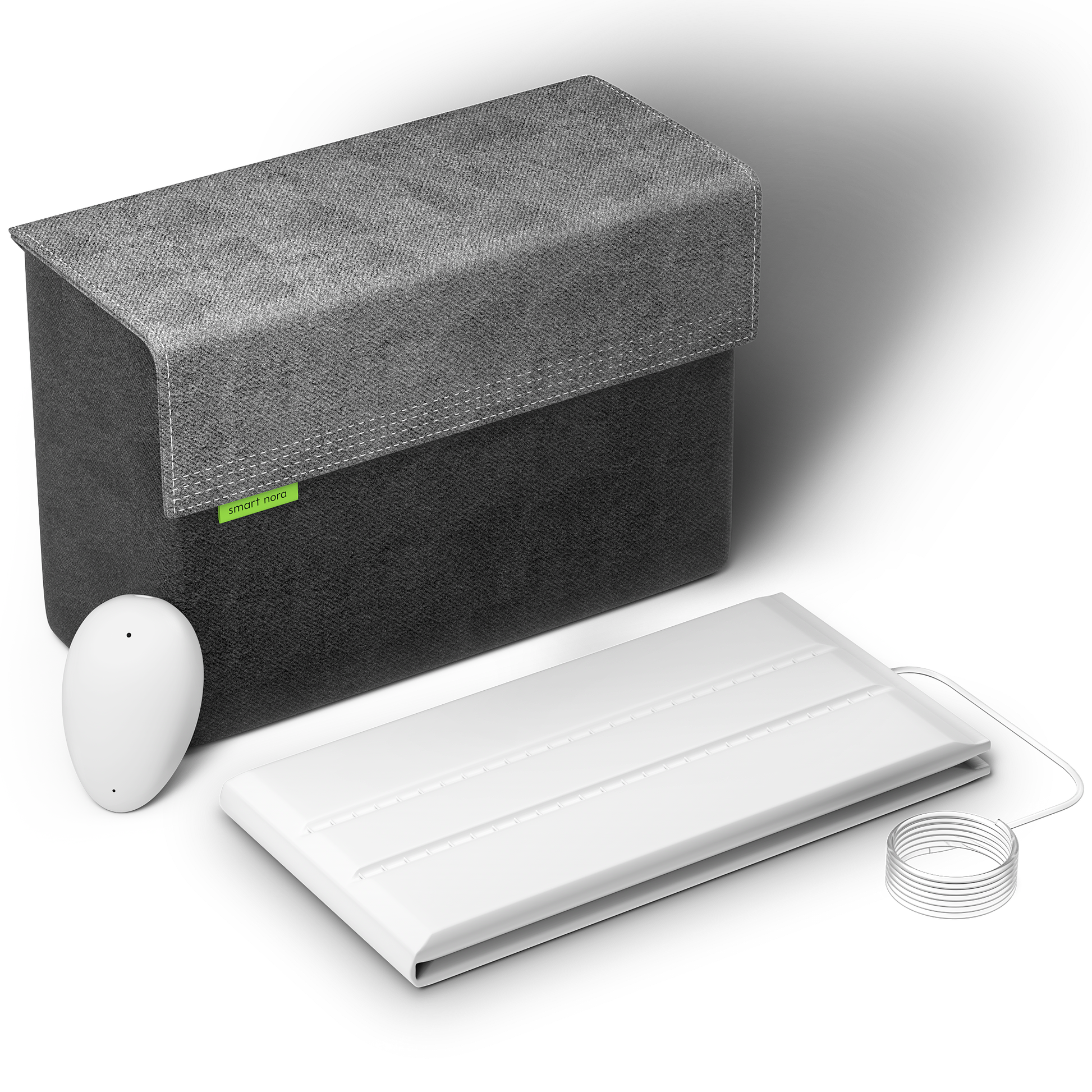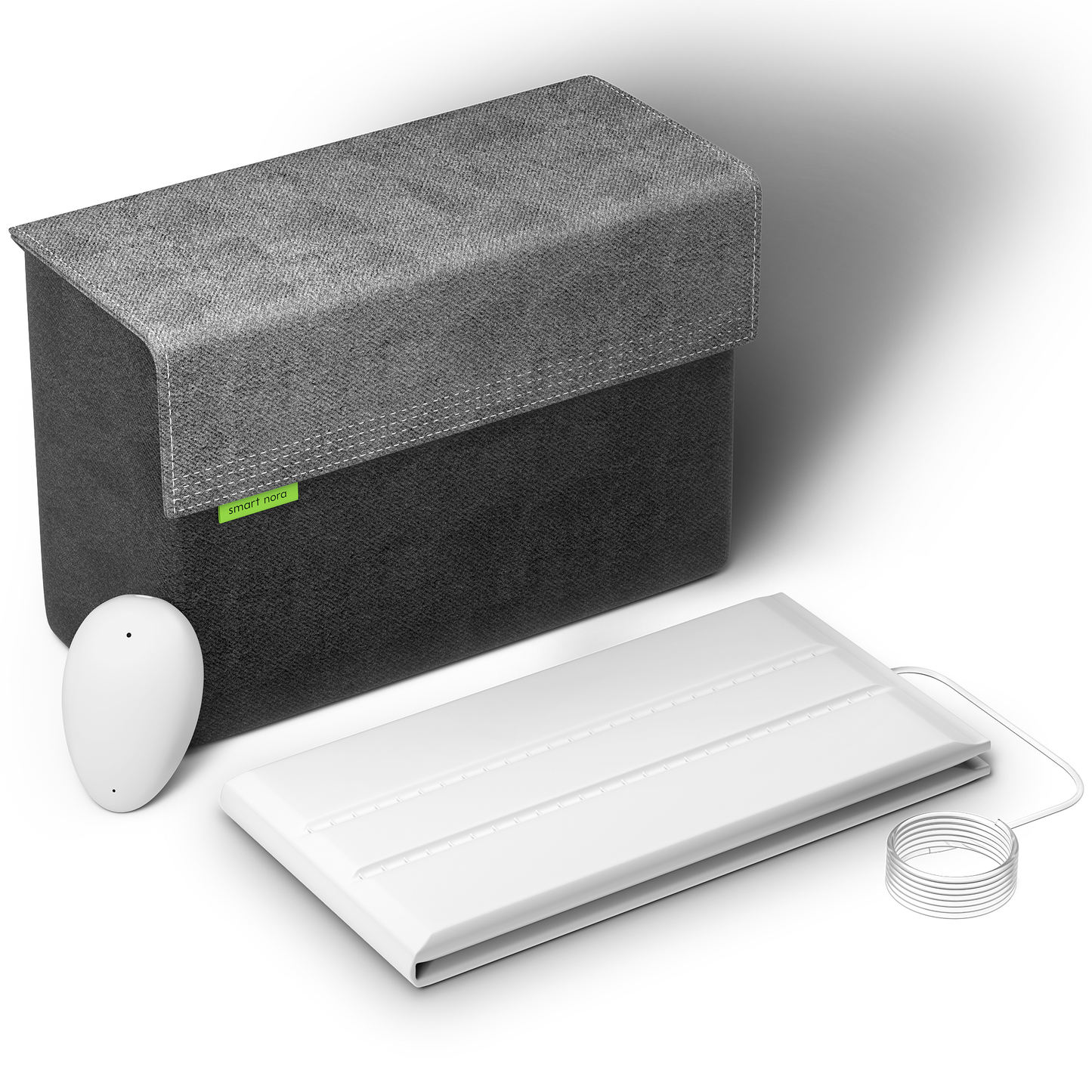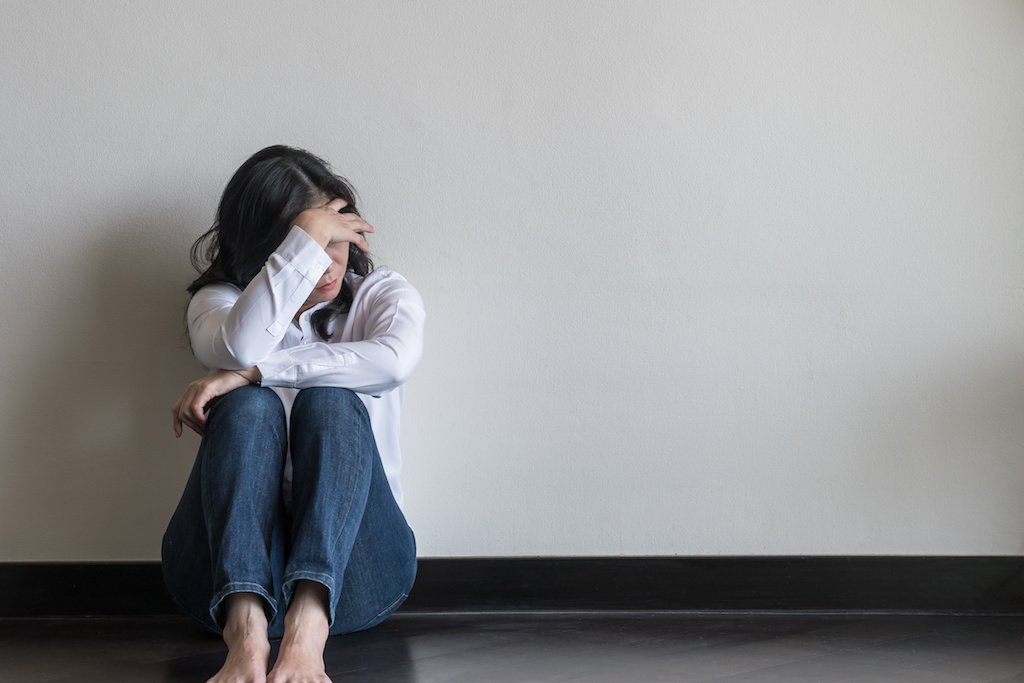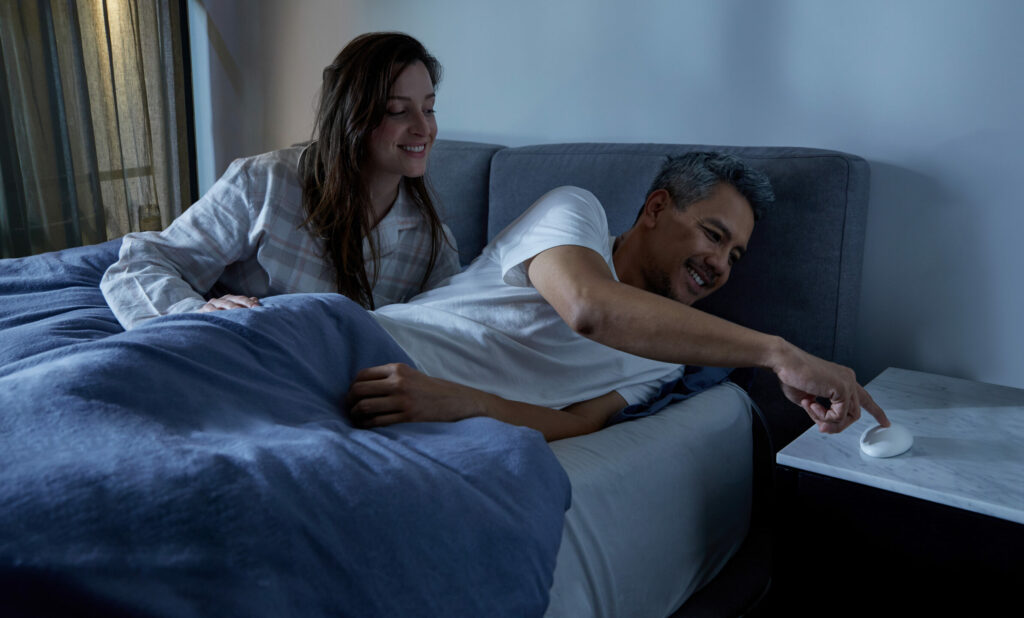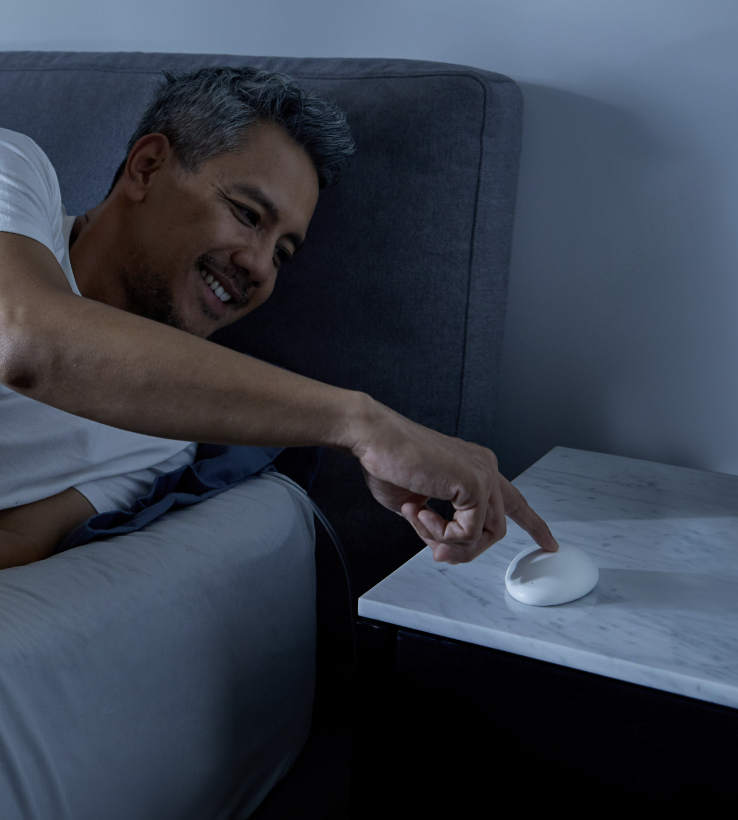
Doxepin is a medication that is used primarily to treat depression, anxiety disorders, chronic hives, and specific sleep disorders. It was developed in the 1960s and was approved for medical use in the United States in 1969—now more than 2 million yearly prescriptions are doled out. Doxepin is what’s referred to as a tricyclic antidepressant, which describes the manner in which it works compared to other similar drugs.
In short, depression is caused by chemical imbalances in the brain, resulting in abnormal neural communication. Doxepin, as with all tricyclic antidepressants, works by preventing the reabsorption of neurotransmitters serotonin and norepinephrine. When you have a surplus of either of these, you may experience anxiety, but if you suffer from a deficit, you can experience depression symptoms. Tricyclic antidepressants prevent the reabsorption (commonly called “reuptake”) of both neurotransmitters, allowing them to be freely available in the synaptic cleft, helping with depression. It’s a careful balance between two fragile states.
While technically an antidepressant, doxepin is also often used to treat insomnia.
Insomnia and Doxepin
Insomnia is a sleep disorder characterized by the inability to either fall asleep easily or stay asleep through the night, resulting in non-restorative sleep. Different types of insomnia include sleep onset insomnia (which keeps you from falling asleep quickly), acute insomnia (short term), maintenance insomnia (affecting ability to stay asleep), and more. In other words, if you’re often up past your bedtime or before your alarm and you wake up feeling that lack of sleep, you might want to see a sleep specialist to determine whether or not you suffer from this common sleep disorder.
Each night’s lack of sleep feels like it compounds on the last one, resulting in a long-term feeling of frustration and tiredness. Ugh. Take this simple insomnia test; if you’re up all night or slogging through the day, you clearly need to change something about how you approach sleep. If you’re prone to bouts of insomnia, you probably already know it, and you’re part of the 3 million insomniacs who suffer each year in the US.
But there’s hope!
Doxepin is an available insomnia treatment. Let’s get technical to understand how it works, as best we can: Histamine is the key neurotransmitter for arousal, which is synthesized in the hypothalamus, driving you to feel like being awake. Got that? By way of deduction, we can (correctly) assume that inhibiting the release of histamine would allow you to not feel excess “wakefulness” and therefore be able to fall asleep or stay asleep, like you’d normally hope for (and should experience). Doxepin, while having been primarily developed as an antidepressant, happens to have the highest binding capacity to histamine receptors of all antidepressants. Even more so than traditional antihistamines! Because of this, taking a low dose of doxepin blocks your H1 (histamine) receptors, allowing you to fight back against insomnia (and other sleep disorders), both long and short term.
Doxepin became a USDA-approved drug for insomnia in 2010.
Doxepin’s Benefits Lack Traditional Medication Problems

In 2013, Jigar Katwala and a team of researchers at All Saints University published a study on the use of doxepin for insomnia and found several interesting benefits that make it a great choice for fighting against the endless sleeplessness of the disorder.
Doxepin “is a non-controlled substance that enjoys virtually no risk of addiction or dependence. This allows easier prescribing with fewer prescribing restrictions, as well as being potentially effective in high-risk patient populations (e.g. history of alcohol or drug abuse) and those who require a pharmacologic agent on a more chronic basis.” Quitting low dose use (3mg-6mg) of doxepin does not result in withdrawal or rebound, and using doxepin to treat insomnia does not cause daytime sedation or next-day sedation.
They also found it to be safe for short and long term insomnia treatment, noting that “First, low dose doxepin has no reports of suicide in clinical trial. Therefore, low dose doxepin does not have a boxed warning for suicide risk. Second, doxepin is not associated with abuse potential in animals or in humans. Third, there is no report of weight gain or appetite increasing.”
Safety & Side Effects
Though considered completely safe, there are, of course, potential side effects, as there are with any drug, particularly at higher doses. Some of these potential side effects include:
- Blurred vision or tunnel vision
- Dry mouth
- Constipation
- Persistent heartburn (rare)
- Mood changes such as anxiety or agitation (rare)
- Stomach or abdominal pain (rare)
Why You Should Take Something For Your Insomnia
We get it—lots of people fear becoming dependent on pharmaceuticals to solve problems or adding another pill to their day-to-day ritual. Why can’t we just persevere and overcome issues like insomnia! Unfortunately, that’s just not how human brains work and sometimes your own system is unable to regulate its levels, be it dopamine, norepinephrine, histamine, or anything else that might inhibit your sleep skills. But consider the consequences of bad sleep, because you can’t get it back once it’s gone—there’s no “catching up” with sleepless nights, whether you’ve got a sleep disorder or you’re prone to pulling all nighters to keep on top of things.
Poor sleep quality results in:
Inability to Learn — That’s right! When you fail to get enough sleep, you’re less able to store memories for later recall. It’s true of studying, remembering the nice afternoon you spent in the park, and even dogs learning new tricks. When we experience slow-wave sleep, we consolidate new information and process it into memory.
Impaired Judgement — Your performance AND ability to make quick judgements both suffer when you don’t get enough sleep. Cognitive abilities are notably affected, even after one night of poor sleep. Imagine that compounded over weeks, months, or even years!
Concentration — When you miss out on sleep, your short-term memory becomes less acute and your ability to work on a single task for a prolonged period of time suffers. Wish you could focus more? Take something to deal with your insomnia!
A Well-Rested You is a Better You
In low, controlled doses, doxepin is an extremely safe medication that is used primarily to treat depression, anxiety disorders, chronic hives, and specific sleep disorders like insomnia. By getting the necessary treatment you need for better sleep, you’ll also get the benefits of a well-rested life: better concentration, judgement, and memory. Who wouldn’t want that? Only someone too tired to concentrate long enough to take a simple pill before they hit the hay.






